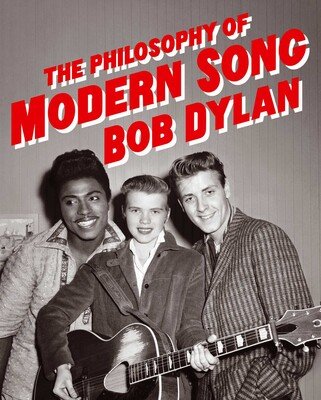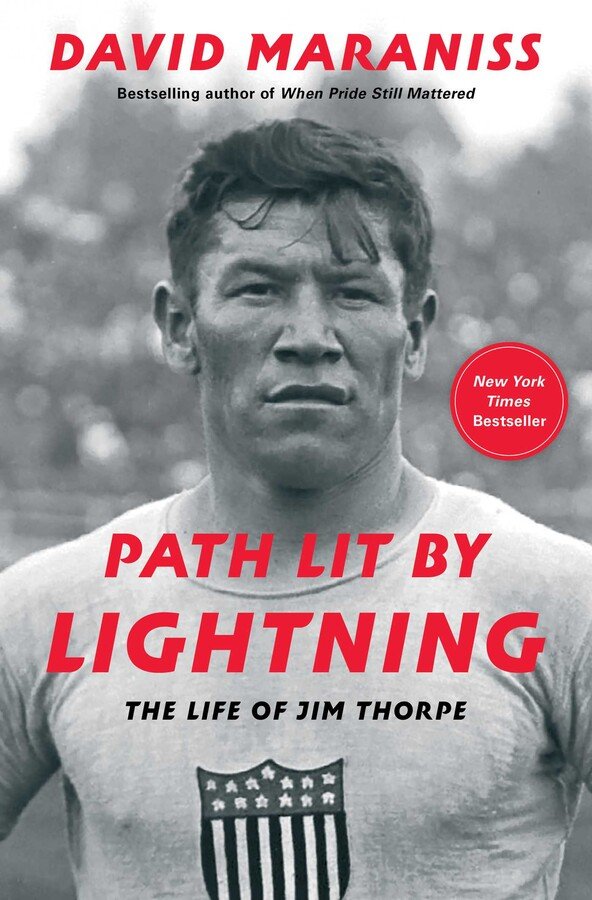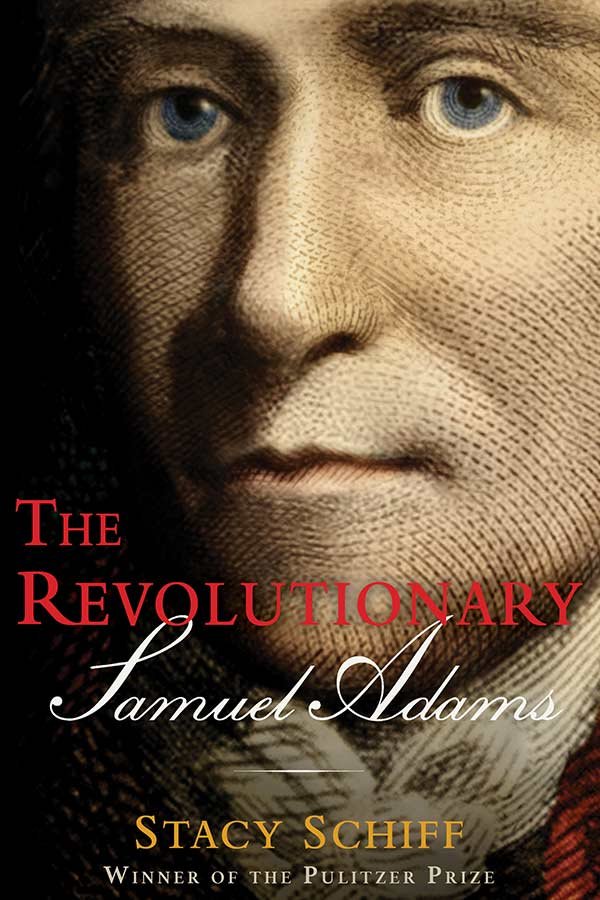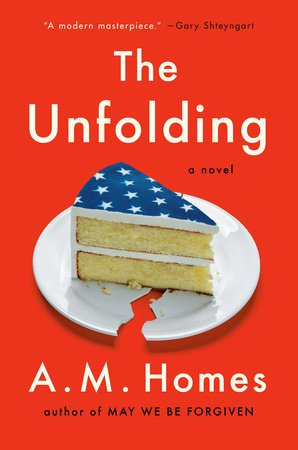I’ll concede that I am usually slow on the uptake. We’re on the verge of having a new Thomas Pynchon novel, Shadow Ticket, hitting the market any day now. I haven’t yet read it, and hope to get to it soon. And I haven’t yet seen the new movie, “One Battle After Another,” directed by Paul Thomas Anderson, which you might now is an adaptation of Pynchon’s Vineland, which was published in 1990. Hey, 1990, that rang a bell, and sure enough, while I was still book review editor of The Kansas City Star, I reviewed Vineland, and, damn, if the review doesn’t still feel a bit fresh and not to embarrasingly out of date.
book reviews
Recent Readings: Fiction, Biography and Bob
I had the pleasure of appearing again on Steve Kraske’s “Up-to-Date” radio show on KCUR-FM to add my recommendations for fall reading and holiday book buying. The time was tight, so I only got a chance to talk about three books—A.M. Homes’ new novel and biographies by Stacy Schiff and David Maraniss; a blurb about the fourth recommendation, Bob Dylan’s Philosophy of Modern Song, appears on the show’s website:
Here’s the text, published on the KCUR site:
The Unfolding, by A.M. Homes (Viking). Fiction: This serio-comic novel rather sleekly and smartly encapsulates our recent years of political anxiety and divisions. The setting extends from election day 2008 to the presidential inauguration of Barack Obama two and a half months later. Its principal characters include 18-year-old Meghan Hitchens, her politically connected and archly conservative father, known as the Big Guy, and her mother Charlotte. Even as the family confronts its own secrets and disintegration, the weight of history and conflicting notions of the “American dream” propel the reader through a closely observed scenario blending a young woman’s personal awakenings and the makings of political truths and power. A.M. Homes has a sharp eye, a wicked wit, and a highly tuned ear, resulting in a fast-paced novel rich with cultural, emotional, and political insights.
The Revolutionary: Samuel Adams, by Stacy Schiff (Little, Brown). Biography. One of our finest biographers takes us to the American Revolution through the complicated life of a Boston rabble-rouser. Political activist, opinion leader, instigator of the colonial Congress, and sly architect of the march toward independence from the British “mother country,” Adams was fearless, driven, and ultimately controversial. Schiff brings a savvy and scintillating sense of story to the proceedings, making for a crisp read. Her book illustrates how the founding turmoil and lessons of distant American history resonate even today.
Path Lit by Lightning: The Life of Jim Thorpe, by David Maraniss (Simon & Schuster). Biography. He was the world’s greatest athlete. Football player. Track star. Olympic gold medalist (with an asterisk). Even a pro baseball player, though of uneven skills. But all of that was complicated—disturbingly and tragically—by Jim Thorpe’s identity as an “Indian,” a Native American with roots in the Sac and Fox tribe of Oklahoma. The story of Jim Thorpe, as Maraniss’s clear-eyed and supremely detailed biography reveals, is a story of persistence, survival, love, loss, and the juggernaut of sports, but also a story of how myths are made and how white America manipulated people and denied dignity and honor to “first Americans.”
The Philosophy of Modern Song, by Bob Dylan (Simon & Schuster). Non-fiction/essays. Bob Dylan, the Nobel Prize laureate, is still recording new music and touring in his 80s. Now he has gathered a series of essays on music and culture into an odd yet revealing, occasionally controversial, and ultimately entertaining book. Reflecting the kind of eager and engaging riffing he brought to his “Theme Time Radio Hour” series, Dylan writes about 66 distinct songs representing American pop culture from his youth and middle years. From stars like Little Richard, Ricky Nelson and Frank Sinatra to relative unknowns such as John Trudell, a Native American songwriter and activist. As it becomes clear, these are not necessarily a playlist of his favorite songs, but entry points into the stream of history. Dylan meditates on justice, fame, race, and other topics and presents the kind of intellectual pinballing we’ve come to expect from this pop-culture survivor wholly deserving of his status as sage, poet, and court jester.
On Art, Books and More: Some Recent Writing
I’ve spent a bit more time reviewing books this year, including a handful of 175-word advance reviews for Booklist, the publication of the American Library Association. I was happy to write a somewhat longer review of an important new book that combines memoir and environmental reporting in what was once my home state of Maine. The book is Mill Town, by Kerri Arsenault. My review appeared in the Minneapolis Star Tribune in August:
When the Crystal Bridges Museum of Art in June became one of the first cultural institutions to reopen since the widespread pandemic shutdown began in mid-March, I made a day trip down to Bentonville, Ark., to report on the museum for The Art Newspaper. Along with the precautions I found a surprising resonance with the social upheaval that began just a couple of weeks earlier after the police killing of George Floyd in Minneapolis:
As the Charlotte Street Foundation prepared to finish building out its new headquarters building, I’d begun work on a profile of its executive director Amy Kligman. And then came the pandemic, which provided the story a sense of drama and urgency. Here’s the link:
http://kcstudio.org/the-art-of-adaptation-charlotte-street-foundation/
For KC Studio, I devoted my bimonthly column to the departure of the Nelson-Atkins Museum of Arts curator of Native American art:
http://kcstudio.org/gaylord-torrence-transformed-native-american-presence-at-nelson-atkins/
And this one, which celebrated the contributions of Bobby Watson to the Kansas City jazz scene:
http://kcstudio.org/after-20-years-in-academia-bobby-watson-will-travel-jazz-world-again/




